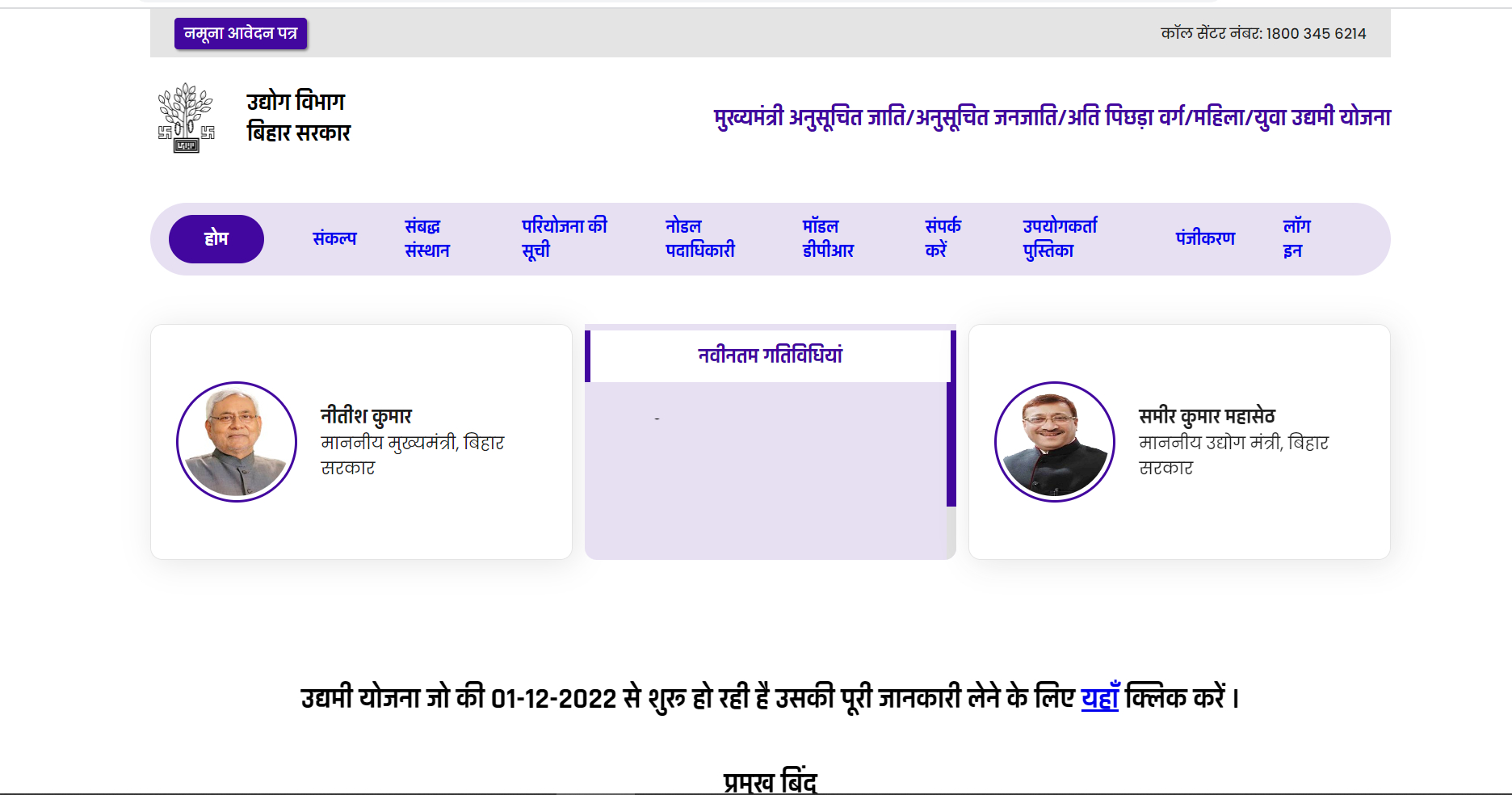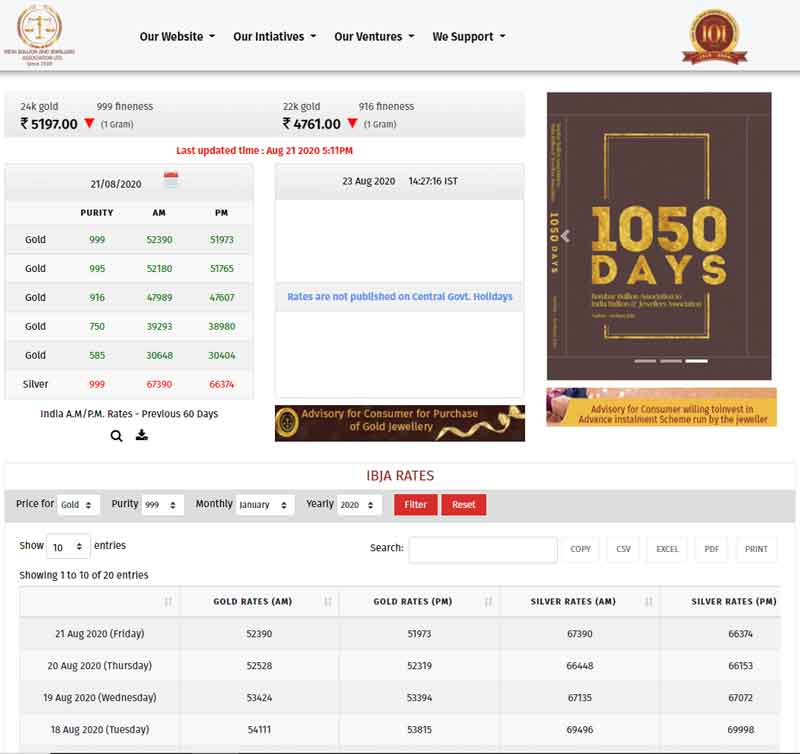The Franchise Tax Board (FTB) is a vital entity within California’s tax landscape, responsible for administering various tax programs, with a primary focus on income and franchise taxes. Explore the role and functions of the Franchise Tax Board – California’s tax agency responsible for administering income and franchise taxes. Learn about its responsibilities, services, and frequently asked questions. This comprehensive article aims to delve into the functions and operations of the FTB, providing you with valuable insights into its role, services, and FAQs.
- What is a Franchise Tax Board?
- How Does a Franchise Tax Board Operate?
- State-Specific Franchise Tax Boards
- Franchise Tax Board vs. Income Tax
- Filing Requirements and Deadlines
- Understanding Franchise Tax Calculations
- Exemptions and Deductions
- Common Misconceptions about Franchise Tax Boards
- The Impact of Franchise Taxes on Businesses
- Strategies for Minimizing Franchise Tax Liability
- Compliance and Audits
- The Role of a Tax Professional
- Purpose of a Franchise Tax Board
- The Key Functions of the Franchise Tax Board
- Outreach Programs
- FAQs about the Franchise Tax Board
What is a Franchise Tax Board?
A Franchise Tax Board (FTB) is a governmental agency responsible for administering and collecting franchise taxes in specific states. The Franchise Tax Board operates as an independent entity and plays a vital role in regulating and overseeing tax matters. The rules and regulations surrounding franchise taxes may vary from state to state, making the role of the FTB unique for each jurisdiction.

The FTB serves as California’s state tax agency and plays a critical role in ensuring compliance with tax laws, collecting revenues, and providing taxpayer assistance. It operates under the California Revenue and Taxation Code and is responsible for administering individual income tax, business entity tax, and corporation tax.
How Does a Franchise Tax Board Operate?
The Franchise Tax Board operates by enforcing tax laws and ensuring taxpayers’ compliance. It establishes guidelines for tax filing and payment procedures, conducts audits, and resolves tax-related disputes. Additionally, the FTB provides information and resources to help businesses and individuals understand their tax obligations better.
State-Specific Franchise Tax Boards
Each state in the United States may have its own Franchise Tax Board with specific rules and regulations. For example, California has its own California Franchise Tax Board (CFTB), which enforces franchise tax laws applicable to entities within the state. Understanding the specific rules of the relevant state’s FTB is crucial for businesses operating in that jurisdiction.
Franchise Tax Board vs. Income Tax
It’s essential to distinguish between franchise tax and income tax, as they are two separate forms of taxation. While income tax is imposed on an individual’s or business’s net income, the franchise tax is based on the privilege of doing business in a state. In some cases, businesses may be subject to both types of taxes, further highlighting the importance of FTBs.
Filing Requirements and Deadlines
FTBs have specific filing requirements and deadlines that businesses and individuals must adhere to. Failing to meet these deadlines or providing inaccurate information may result in penalties and interest charges. It is crucial to be aware of these requirements to avoid potential consequences.
Understanding Franchise Tax Calculations
Franchise tax calculations can be complex, and they often depend on factors such as a business’s revenue, capital, and other specific metrics. A clear understanding of how these calculations work is vital for accurate tax reporting and planning.
Exemptions and Deductions
Certain businesses may be eligible for exemptions or deductions on their franchise taxes. These exemptions can significantly impact a business’s tax liability. Understanding the eligibility criteria and how to claim these exemptions is essential for maximizing tax benefits.
Common Misconceptions about Franchise Tax Boards
There are several misconceptions surrounding FTBs and their operations. Addressing and debunking these misconceptions can help businesses and individuals make informed decisions regarding their tax obligations.
The Impact of Franchise Taxes on Businesses
Franchise taxes can have a substantial impact on businesses of all sizes. Understanding this impact can help businesses plan their finances more effectively and allocate resources wisely.
Strategies for Minimizing Franchise Tax Liability
There are legal strategies that businesses can employ to minimize their franchise tax liability. Working with tax professionals and understanding these strategies can result in significant tax savings.
Compliance and Audits
Ensuring compliance with franchise tax laws is essential to avoid potential penalties and audits. Knowing what triggers an audit and how to prepare for it can help businesses navigate the process more smoothly.
The Role of a Tax Professional
Engaging the services of a tax professional can be highly beneficial for businesses and individuals dealing with complex tax matters. A tax professional can provide guidance, ensure compliance, and offer strategies to optimize tax outcomes.
Purpose of a Franchise Tax Board
The primary purpose of a Franchise Tax Board is to ensure that businesses, corporations, and certain entities are in compliance with tax laws and regulations. It acts as a regulatory body that oversees the collection of franchise taxes, which are generally imposed on businesses for the privilege of operating within a particular state.
The Key Functions of the Franchise Tax Board
The Franchise Tax Board performs several essential functions to fulfill its responsibilities effectively. These include:
- Income Tax Administration: The FTB oversees the administration of income taxes, ensuring accurate reporting and collection from individual taxpayers, businesses, and corporations.
- Franchise Tax Administration: The board handles the administration of franchise taxes, ensuring businesses and corporations meet their tax obligations.
- Taxpayer Assistance and Education: The FTB offers taxpayers valuable assistance and educational resources, helping them understand tax laws, deductions, and credits.
- Delinquent Tax Collection: One of its critical roles involves collecting delinquent taxes from individuals and businesses.
- Dispute Resolution: The FTB provides a platform for taxpayers to resolve disputes related to tax assessments and payments.
- Processing Tax Returns: It efficiently processes tax returns, ensuring timely refunds and accurate assessments.
- Auditing Taxpayers: The board conducts audits to verify compliance with tax laws and regulations.
- Enforcement Actions: In cases of non-compliance, the FTB takes necessary enforcement actions to ensure tax compliance.
- Administering Tax Credits and Incentives: The FTB manages tax credits and incentives to encourage economic growth and compliance.
Also Read…
- Sahara Refund Portal website link Apply Now
- Moviesyug Bollywood, Hollywood DVDRip, Dual Audio
- Telegram Movie Download Channel list Top 5+
- Afilmywap New HD Hindi Bollywood Mp4 Latest Movies 300MB
- Mallumv Dvdplay Malayalam Movies Download 700 MB
Outreach Programs
The board conducts outreach programs to raise awareness and promote tax compliance.
Franchise Tax Board’s Services for Taxpayers
- Online Filing and Payment: Taxpayers can conveniently file their tax returns and make payments through the FTB’s user-friendly online platform.
- Tax Forms and Publications: The FTB provides access to a wide range of tax forms and publications to assist taxpayers in preparing their returns accurately.
- Refund Tracking: Taxpayers can track the status of their tax refunds through the FTB’s website.
- Taxpayer Advocate: The board offers the services of a taxpayer advocate to assist individuals facing complex tax issues.
- Instalment Agreements: The FTB provides options for setting up instalment agreements for those unable to pay their taxes in full.
- Foreign Tax Credit: Taxpayers with international income can avail of the foreign tax credit services provided by the FTB.
- Identity Theft Prevention: The board implements measures to protect taxpayers from identity theft-related tax fraud.
- E-News Subscriptions: Taxpayers can subscribe to FTB’s e-newsletters to stay updated on tax-related information and changes.
- Exempt Organizations: The FTB assists exempt organizations with tax matters related to their non-profit activities.
- Military Tax Assistance: The board provides specialized assistance to military personnel and their families.
FAQs about the Franchise Tax Board
What is the Franchise Tax Board’s primary function?
The FTB’s primary function is to administer income and franchise taxes within California.
Who does the Franchise Tax Board serve?
The FTB serves individual taxpayers, businesses, and corporations operating in California.
How can I file my taxes online?
You can conveniently file your taxes online through the FTB’s official website.
What should I do if I can’t pay my taxes in full?
If you are unable to pay your taxes in full, you can explore setting up an instalment agreement with the FTB.
What services are available for military personnel?
The FTB offers specialized tax assistance to military personnel and their families.
How does the FTB protect against identity theft?
The board implements various measures to prevent identity theft-related tax fraud.
Conclusion
The Franchise Tax Board serves as the backbone of California’s tax administration, diligently carrying out various functions to ensure fair taxation and compliance. From administering income and franchise taxes to providing taxpayer assistance, its contributions are instrumental in maintaining the state’s financial health. As taxpayers, understanding the role of the FTB and utilizing the services it offers can lead to smoother tax experiences and financial stability.
The role of a Franchise Tax Board is critical in regulating and overseeing franchise taxes in specific states. Understanding its purpose, operations, and impact on businesses and individuals is essential for sound financial planning. By being aware of the rules and regulations surrounding franchise taxes, individuals and businesses can navigate the tax landscape more effectively and ensure compliance.



